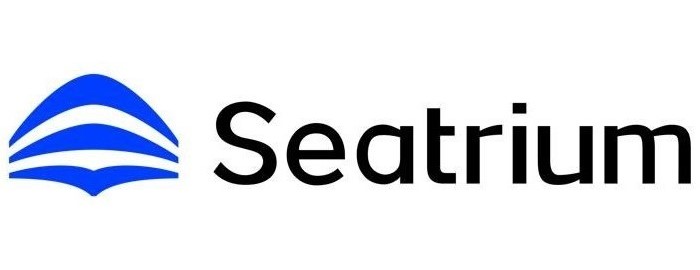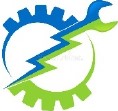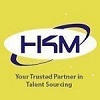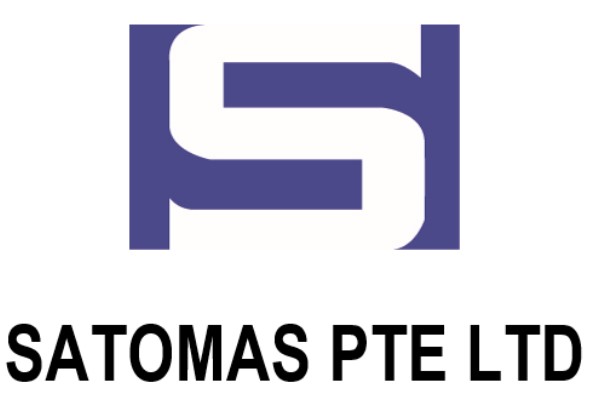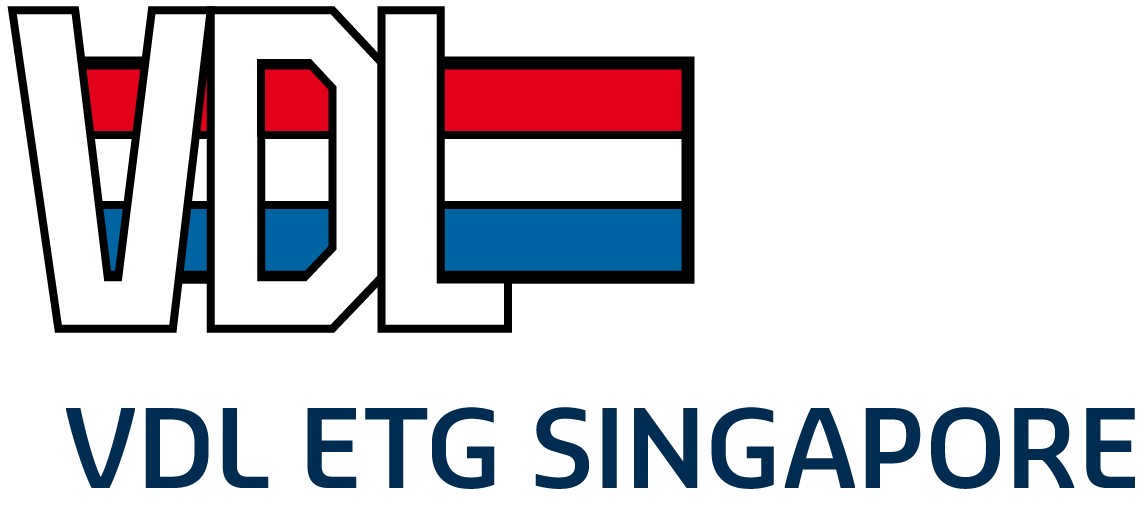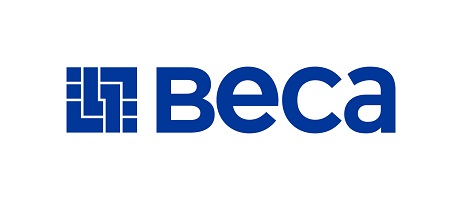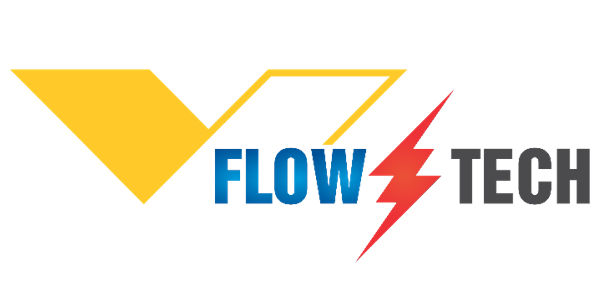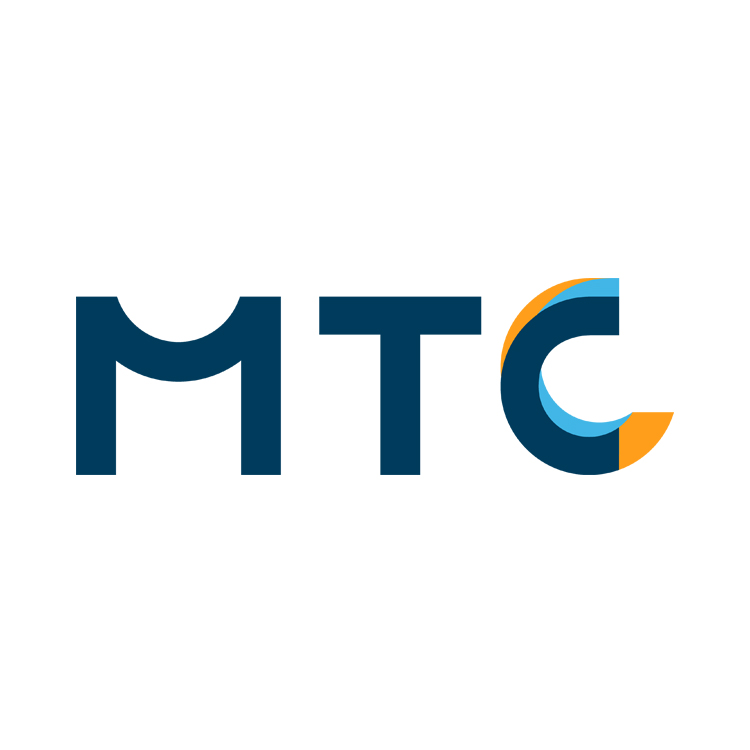About Us
VFlowTech (VFT) is reinventing energy storage with Vanadium redox flow technology, with a vision to develop the cheapest and most scalable Vanadium redox flow batteries in the world. VFT storage solution has an expected life span of 25 years and is proven to be one of the safest and most environmentally friendly battery technologies. VFT founders have deep experience in the renewable space, and Vanadium redox flow technology. VFT is a spin-off of the CleanTech lab of Nanyang Technological University (NTU), Singapore, and benefits from unique IP arising from many years of intensive research at NTU.
Job Responsibilities
- Develop and conduct research in development of high-power density vanadium redox flow battery stack by designing flow fields, manifolds, material treatment etc.
- Design, model, simulate, test, and characterize vanadium redox flow battery stacks of various sizes.
- Perform material and electrochemical characterization (both in-situ and ex-situ techniques such as cell cycling, CV, EIS, segmented cell, polarization tests, pH tracing, spectroscopy, XRD, through plane/ in plane resistivity, etc.) to reduce the stack resistivity and improve the capability to operate at high current density.
- Project management including project planning, progress tracking, manage resources, and work together with interns, research staffs and international collaborators.
- Develop IPs and Publish in high quality journals.
The work requires an in-depth understanding of electrochemistry of flow batteries, simulation/modelling skills, material fabrication, material characterization tools, and engineering integration of various components of vanadium redox flow battery stacks. The candidate should be able to work on dynamic, product-oriented group and manage the multiple tasks independently. Passion for research and multitasking abilities makes you the head of research group at VFlowTech with additional benefits.
Job Requirements
- Bachelor, Master’s Degree or PhD in Power Electronics, Renewable Energy, or relevant faculty.
- Knowledge about solar/photovoltaic (PV), wind, or fuel cell power generation systems.
- Knowledge of microgrid systems and their interactions with distribution systems.
- Experience in hardware-in-loop modeling and simulations.
- Knowledge of different microgrid control architectures, different control modes of inverter-based resources, droop controls, consensus algorithms and their applications on microgrid load power sharing and voltage regulation.
- Experience in analyzing and modeling the dyanamics of a diversity of distributed energy and emerging grid resources (solar, wind turbine, small hydros, microturbines, energy storage, electric vehicle charging, power flow controller, etc.)
- Ability to provide engineering specifications and electrical drawings, to conduct field testing and troubleshooting.
- Extensive knowledge of industry standards, and government regulations.
Desired Skills and Experiences
Power Generation, Cell, Troubleshooting, Written English, Modeling, Electrical, Estimates, Structural Engineering, Simulations, Renewable Energy, API, FEED, Soil, Manufacturing, Electronics, Design Management
Your benefits
· Receive support in your own self-development (regular feedback and coaching sessions, access to personal development material, workshops, start-up presentations, and networking events)
· Make key decisions that impact the future of the company
· Enjoy regular team lunches and social events
· A secured employment in a constantly growing company and a future-proof industry with a multitude of personal development opportunities
· Work in an environmentally conscious company - we see climate action as a responsibility
· Competitive remuneration package
· Dental and Medical Benefits
Our company culture
Our team is diverse, international and shares the drive to make a difference and create change.
· We encourage our team to bring in their ideas and take initiatives that make them proud of
· We foster a rapidly scaling working environment with a very entrepreneurial, innovative and collaborative culture
